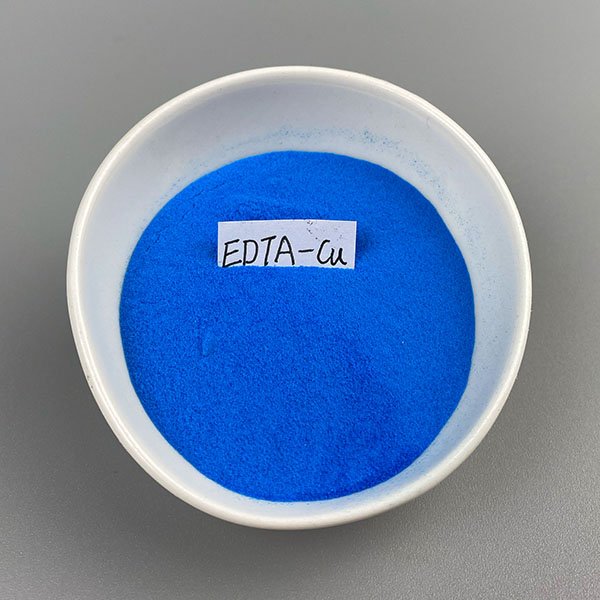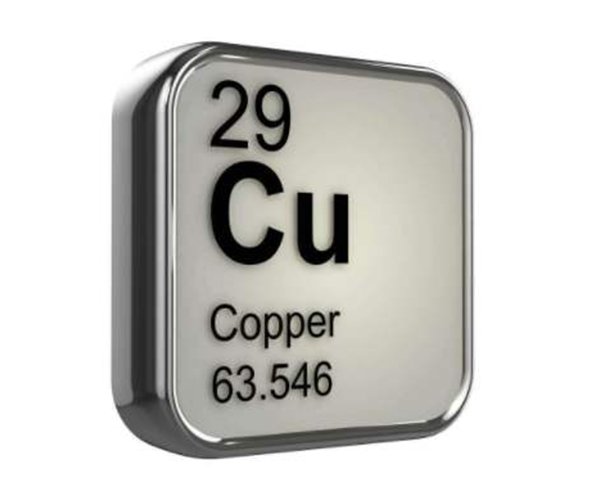As an important trace element, copper plays an indispensable role in crop growth. This article will explore the function of copper during crop growth and its impact on crop health and yield.
Promote photosynthesis
Copper is a component of photosynthetic enzymes that promote photosynthesis. Photosynthesis is an important process in which plants convert light energy into chemical energy. The presence of copper can improve the absorption and utilization efficiency of light energy by plants, thereby promoting the progress of photosynthesis and increasing the synthesis of chlorophyll.
Promote enzyme activity
Copper participates in the activation and catalytic processes of various enzymes and plays an important role in the physiological metabolism of crops. For example, copper can promote the synthesis and activity of various enzymes in plants, such as peroxidase and caffeidase. These enzymes are crucial for the antioxidant capacity and disease resistance of plants.
Promote nutrient absorption
Copper has a positive impact on root development and nutrient uptake of crops. It participates in the iron absorption and transport process in plants and improves plants’ utilization efficiency of iron; it can also promote the absorption and transport of phosphorus in plants. These processes are essential for plant growth and development.
Improve disease resistance
Copper can enhance the disease resistance of crops and reduce the occurrence of diseases. Copper ions can directly kill or inhibit pathogenic microorganisms, and can also promote the synthesis of disease-resistant substances in plants and improve the plant’s resistance to disease.
Promote fruit development
Copper plays an important role in crop fruit development and quality improvement. It participates in the synthesis and regulation of multiple hormones in plants and promotes fruit enlargement and ripening. At the same time, copper can also increase the sugar content and nutritional value of fruits, improving the market competitiveness of crops.
Conclusion: The role of copper in crop growth cannot be ignored. It promotes photosynthesis and enzyme activity, helps crops absorb nutrients, improves disease resistance, and promotes fruit development and quality improvement. In order to ensure healthy growth and high yield and quality of crops, it is very important to properly supplement and manage copper in the soil.
Features of EDTA-Cu from Wellyou Tech

- Promote absorption. EDTA-Cu is fully water-soluble, not fixed in the soil, easy to be absorbed by plants, with high efficiency to supplement crops with copper. It can increase the intensity of plant respiration, promote assimilation, and increase the carbohydrate content.
- Promote photosynthesis. Copper is involved in plant photosynthesis, in the form of Cu2+ and Cu+ is absorbed by the plan. It can unimpeded catalyze the redox reaction of the plant, thus promoting the metabolism and synthesis of carbohydrates and protein. So the plant’s ability to resist cold and drought is greatly enhanced.
- Enhance respiration. Copper is involved in plant respiration, affecting the utilization of iron in crops, and contains more copper in chloroplasts, so copper is related to chlorophyll formation.
- Good stability. EDTA-Cu can not only improve the ability to improve the stability of chlorophyll mixed with other solid or liquid fertilizers, no chemical reaction, does not affect its fertilizer efficiency.


